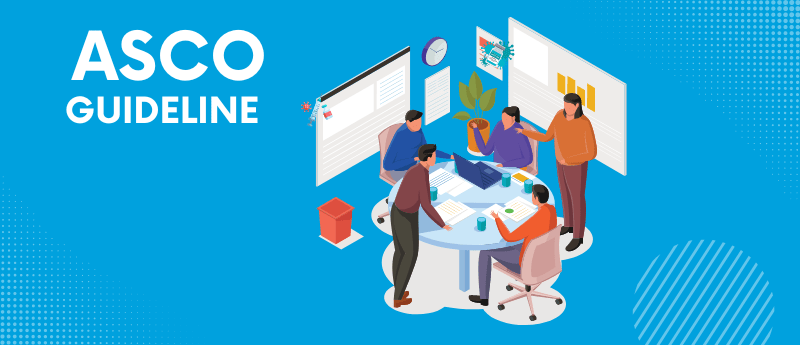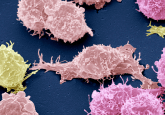ASCO release new guidelines on vaccination of adults with cancer

The American Society of Clinical Oncology (ASCO) has issued comprehensive guidelines on vaccinating adults with solid tumors or hematologic malignancies to prevent or reduce the severity of infection.
Published recently in the Journal of Clinical Oncology, the latest ASCO recommendations build upon the “Vaccination of the Immunocompromised Host” guidelines provided by the Infectious Disease Society of America in 2013.
The updated ASCO guidelines state that “optimizing vaccination status should be considered a key element in the care of patients with cancer”, as this population is often at a heightened risk of infection. The key recommendations made by ASCO can be summarized as follows:
- Clinicians should document the vaccination status of adults recently diagnosed with cancer and preparing for treatment.
- Patients should subsequently be administered the recommended seasonal vaccines, as well as age- and risk-based vaccines, in a timely manner.
- If possible, vaccination should occur 2 to 4 weeks before scheduled cancer treatment. However, non-live vaccines can be given during or after chemotherapy, immunotherapy, hormonal treatment, radiation, or surgery.
- Patients should be appropriately revaccinated after they have received hematopoietic stem-cell transplantation, chimeric antigen receptor T-cell therapy or B-cell–depleting therapy. Revaccination should occur at the expected time of immune reconstitution.
- Healthcare providers, such as primary care practitioners, pharmacists and nurses should coordinate to collect and respond to vaccine data.
- Healthcare providers and clinicians should aim to have open conversations with cancer patients around vaccines, to improve education, overcome vaccine hesitancy and to dispel common misconceptions.
- Household members and close contacts of the cancer patient should be up to date on vaccinations, where possible, to enhance the protection against infections.
These guidelines were informed by the results of a systematic literature review. To perform the literature review, a search was performed on papers deposited on PubMed and the Cochrane Library between January 1st 2013 and February 16th 2023.
Following the exclusion of ineligible publication types, 102 publications were included in the review. This comprised of 24 systematic reviews, 14 randomized control trials and 64 non-randomized studies.
ASCO convened a volunteer multidisciplinary expert panel, including a patient representative and an ASCO guidelines staff member, to generate recommendations based on the evidence from the review.
Although ASCO’s guidelines propose strategies to manage vaccination in adult cancer patients, they are intended for voluntary use and should be used alongside professional clinical opinions. They serve as a framework for informed decision-making but are not intended to impose rigid standards of cancer care.
However, research consistently highlights that vaccinating of patients prior to cancer treatment provides the best protection against infection . Additionally, evidence supports the safety and benefits of vaccinations in reducing infection severity and associated hospitalizations. Therefore, these guidelines could serve as a valuable tool for healthcare practitioners and improve outcomes for adult cancer patients.





